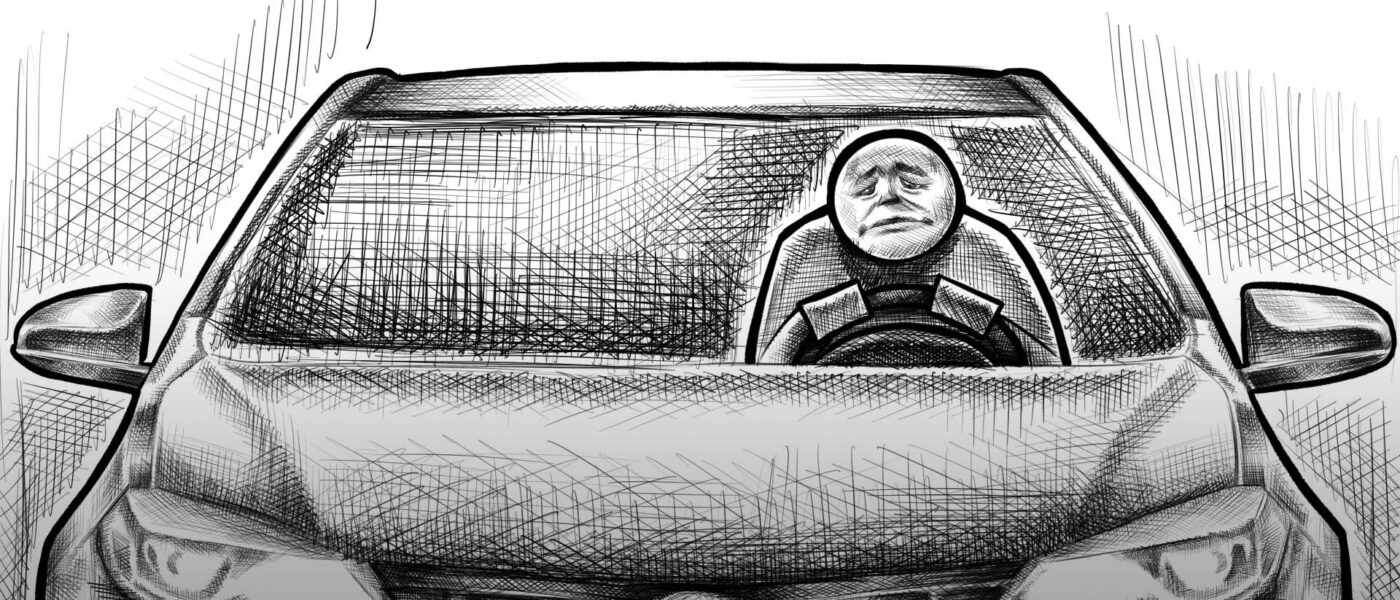America’s Car-Centric Culture Is A Cancer That Ravages Our Communities
Our country’s biggest problems include gun violence, racism and wealth inequality.
While these are all pressing societal issues, our obsession with cars is just as bad.
Since the invention of the Model T in the early 20th century, the automobile has become a staple of American culture because of the “freedom” it affords us.
At the end of World War II, the popularity of cars exploded as veterans returned to a society that embraced suburban living.
Today, the United States census data reveals that more than 90 percent of households own at least one automobile.
What was once a useful invention has become a dominant way of life.
Starting in the 1950s and 60s, the rise of automobiles and suburban living led President Eisenhower to pass the Federal-Aid Highway Act of 1956.
By incentivizing the creation of the highway, providing $9 for every $1 each state spent on road infrastructure, cities throughout the country began to develop ambitious roadway projects.
That prompted one of the most brutal instances of social displacement as cities looking to build new highways used these projects to destroy minority communities.
Here in Miami, the Machiavellian plan to create I-95 led to the pulverization and fragmentation of Overtown, which at the time was a vibrant African-American community known as the Harlem of the South.
Unfortunately, we weren’t the only city to face this. Many others bulldozed minority neighborhoods to create highway projects.
Creating highways and advocating for cars also led us to destroy our downtown areas, creating a sea of parking lots catering to suburbanites.
The demolition of the urbanized and cultural hearts of our cities was complemented by the unstoppable tumor of urban sprawl, which fills our cities with a soul crushing infrastructure that demonizes pedestrians.
We don’t have to travel far to see how this is an issue.
Aside from South Beach, Downtown Miami and places like Coral Gables, we are filled with an endless array of single-family houses and commercial spaces, which have parking lots bigger than the stores themselves.
The city’s sprawl is devouring our natural habitat and making public transportation unreliable due to the long distances it has to cover. This causes people to depend on cars and creates the traffic we all love.
Is this the American Dream? Being stuck in traffic while wallowing in carbon monoxide?
Most of us reading this article drive a car because there is no other alternative.
The gluttonous and selfish oil industry tycoons are aware of this so they utilize their wealth to lobby against public transportation and rail infrastructure.
After all, money is all oil and car-centered industries care about.
They don’t care about environmental destruction, the 42,000 families in the U.S. who lost a loved one in a car accident last year or the low-income communities that spend half their paycheck to travel to buy groceries.
The most infuriating aspect of all of this is that we aren’t fighting enough to reverse the cancerous car-centric policies plaguing our society.
In fact, many cities like Houston and Orlando continue to stubbornly add more lanes to existing highways even though the practice worsens traffic.
Likewise, car-advocacy groups throughout the country have rallied against urbanism and public transport since apparently common-sense policies advocating for better livability are “communism.”
Cars don’t give us freedom. They create an illusion of autonomy that’s backed up by a cycle of destructive and discriminatory policies.
Freedom would be the ability to travel anywhere using public transit. We don’t have that. What we have is a policy of house arrest unless you have a metal box.
If you like cars and everything associated with them, that’s fine. What is not okay is building our cities to cater to the needs of a fragment of the population.
During the past three generations, we have destroyed the livability of our cities for the sake of cars. It’s clear that this suburban experiment was a complete failure that needs to be reversed.
Aside from raising awareness about this issue, you can help end our addiction to cars by supporting non-profit urbanism advocacy groups like Strong Towns.
We deserve to live in cities built for humans.

